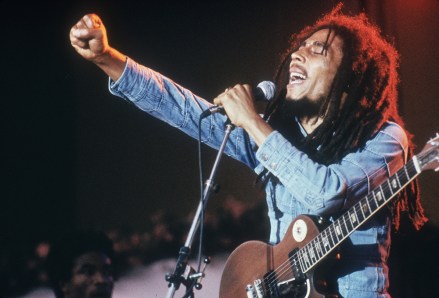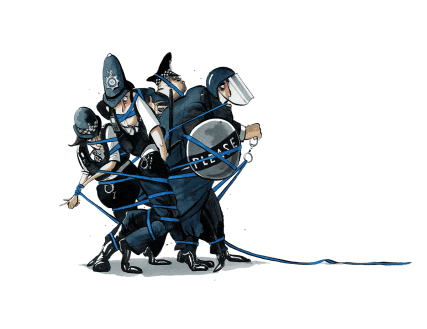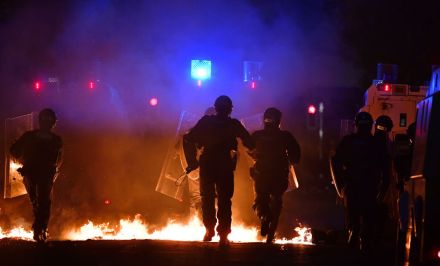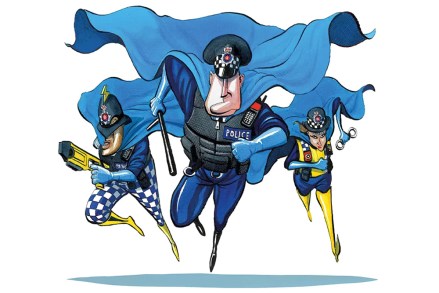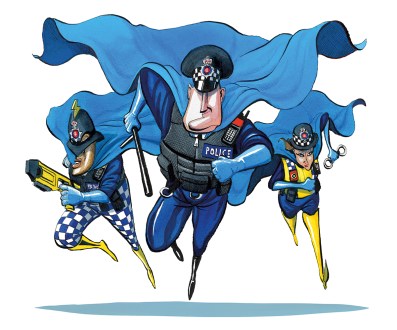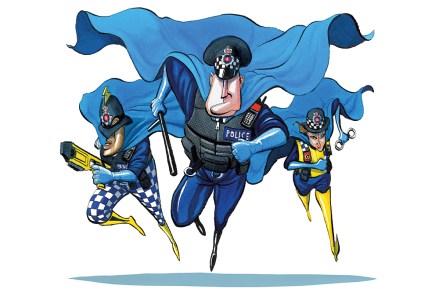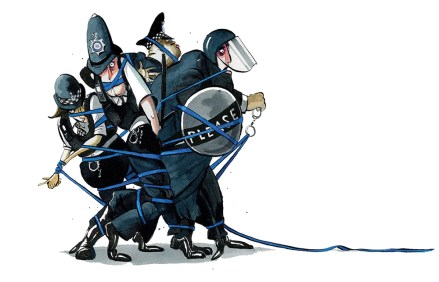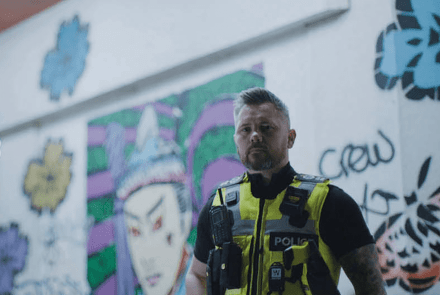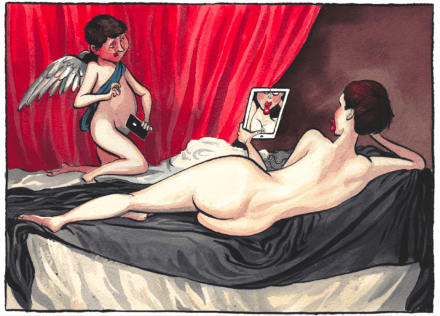Clear, thorough and gripping: BBC2’s Horizon – The Battle to Beat Malaria
If you transcribed the narrator’s script in almost any episode of Horizon, you’d notice something striking: an awful lot of the phrases would end with a colon, and for one obvious reason: to play a neat trick on the viewers: that of making them keen to hear what comes next. (You get the idea.) Monday’s programme therefore began by explaining that the mosquito is ‘the target of one of medical science’s greatest quests: the battle to save millions of lives and end a scourge that has shaped human history: malaria’. Unusually for an uncompromising science documentary, the finale was a genuine tear-jerker Now in its 51st year, Horizon has spent




